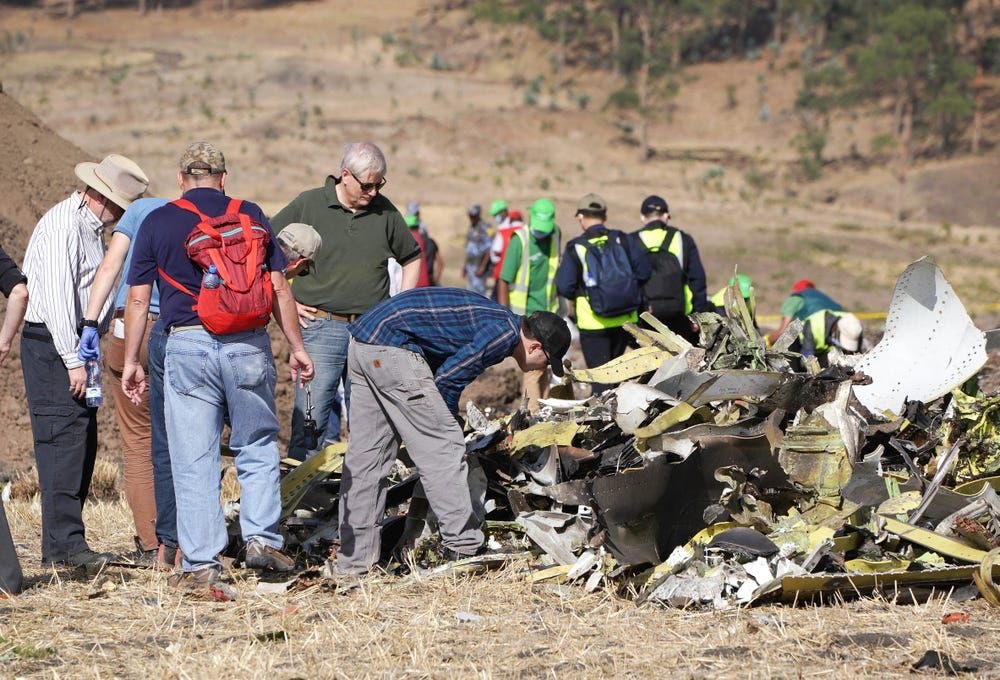
Jemal Countess/Getty Images
Attorneys for Boeing and the families of those killed in a 737 MAX crash are locked in a legal battle over how far Illinois law allows compensation—and in particular whether certain types of damages are recoverable under Illinois state case law.
The dispute centers on whether Boeing must pay for pre-impact conscious pain and suffering suffered by victims before death, as well as for the fear, terror, or emotional distress in the moments preceding the crash. Boeing’s legal team has argued that under Illinois law, damages for conscious pain and suffering must rest on credible evidence that the deceased actually perceived and experienced pain prior to dying—something they contend is impossible given the speed, force, and suddenness of the crash. They rely on an expert’s opinion that the victims’ deaths were essentially instantaneous, leaving no time for the brain to register pain.
From Boeing’s perspective, allowing speculative claims for suffering that cannot be proven would violate foundational principles of tort law. If the evidence cannot show awareness or perception of harm before death, Boeing insists those categories of damages should be barred under Illinois precedent.
On the other side, the families’ attorneys counter that the crash victims unquestionably underwent terror, injury, and distress—even in a short period of time as the aircraft malfunctioned, plunged, and struck the ground. They argue that Illinois courts permit recovery for pain and suffering where circumstances strongly indicate such experience, and that Boeing should not be allowed to limit damages by insisting on a technical or overly narrow reading of what Illinois law allows.
This is not a purely abstract legal question. The outcome could dramatically affect what a jury is allowed to award, and thus the ultimate compensation to victims’ families. As noted in the press, the argument “focuses on whether relatives … are legally entitled to damages beyond their own grief and loss.” It is a high-stakes threshold fight over what will even go before the jury under Illinois law.
Further complicating matters is that Boeing has already accepted responsibility (via agreements in earlier phases of litigation) under Illinois law for compensatory damages such as economic loss (lost support), consortium, emotional distress, and so on. But the scope of what non-economic damages—especially for pre-impact injury—are permissible remains contested. Boeing, in certain filings, has sought to exclude speculative claims related to nausea, fear, or “what the passengers might have felt” as not supported by admissible evidence.
At its core, this conflict is a battle over how Illinois courts have treated wrongful death and survival claims: whether and how courts allow a decedent’s pre-mortem suffering to be proved, how stringently that proof must be, and how far speculative inferences may go. The judge will have to interpret Illinois case law, possibly revisiting who bears the burden of proof, what expert testimony is admissible, and whether the law draws a clear line against speculative recovery. If the judge rules in Boeing’s favor, entire categories of suffering claims could be barred; if the families succeed, the jury may hear broader claims of agony, fear, and terror in the final moments.


